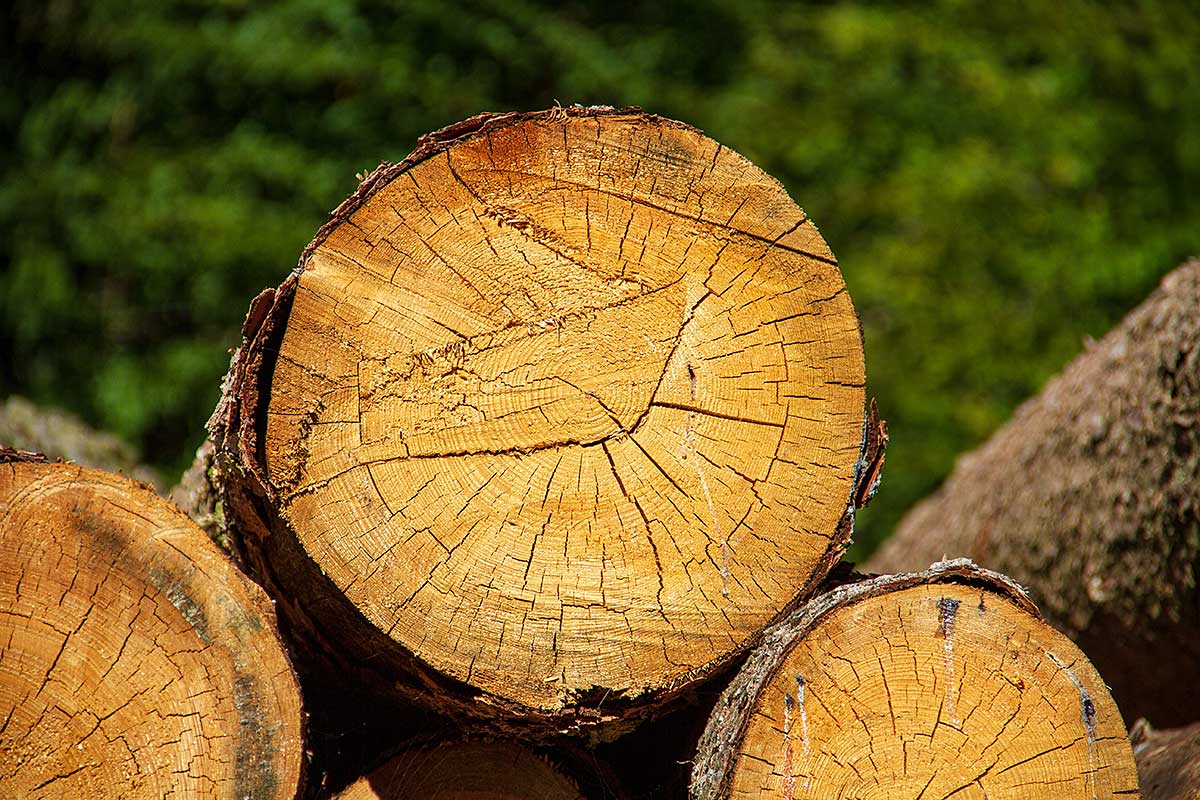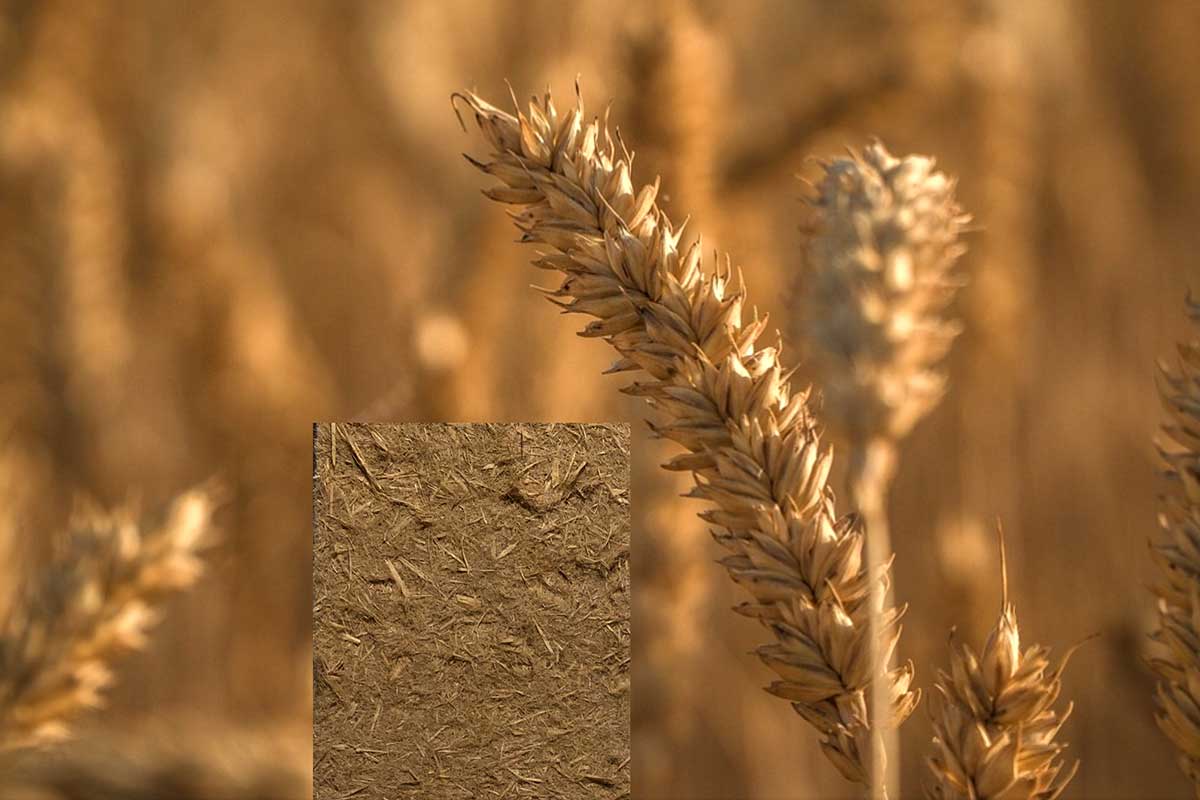Environmentally friendly building material and packaging products
Sustainable development objectives
Environmentally compatible economic forms and activities that are oriented towards the principle of sustainability belong to the future. Environment and economy should not contradict each other. Consequently, FEplus GmbH stands for a strong, sustainable economy in the use, application and distribution of ecological products and building materials.
Renewable raw materials
Environmentally compatible raw materials are not only in vogue, they are essential for our future survival. One of the most important, renewable raw materials is wood.
From the point of view of environmental protection, wood in its untreated state is free of pollutants and particularly climate-friendly.
Wood
Wood is one of the oldest building materials in human history. Modern wood products create flexible sustainable uses in the building industry. As a result, building with wood as a material is being given the necessary esteem and, thanks to its environmental advantages, is increasingly opening up previously unknown markets.
Sustainability
The extremely favourable eco-balance is a plus point of wood. The German construction industry accounts for over 6o percent of the total waste and residual volume. With an increased use in all areas of life, wood can contribute to a reduction of waste, from the point of view of a better ecological balance.
A sensible use of wood as a raw material, from sustainable forest management, is a building block for more sustainability and climate protection.
Ecological building materials
Wood
Wood has many advantages compared to other raw materials. The use and application of wood requires significantly less energy than the production of other building materials (e.g. steel, cement or glass). Furthermore, wood processing produces hardly any waste. Wood residues are often processed into other products, e.g. chipboard and fibreboard.
Cork
Cork is made from the outer bark of the cork oak. The bark is a plant tissue consisting of filled cells whose walls have layers of cellulose and suberin. Cork is a natural product and due to its properties it is very suitable for the production of sound insulation panels, floor coverings, insulation and heat insulation panels as well as fire-retardant products.
Clay
Clay as a building material is easy to process, does not release any pollutants and can be produced with little energy input. As a building material it is particularly suitable because of its heat-storing and sound-absorbing properties.
Straw
Straw is particularly suitable as a building, insulation and panel material. As a building material, straw is produced without energy-intensive processing. Furthermore, it requires little transport and is therefore advantageous from an ecological point of view.
Softwood fibre boards
Softwood fibre boards are one of the most popular natural building materials and are mainly made of softwood fibres. During production, the wood fibres are felted and glued together. This creates a particularly dense board. Wood soft fibre boards are extremely environmentally friendly and can be disposed of residue-free by thermal recycling.
Another plus point: Homogeneous wood-based materials can be simply and easily reconstructed and thus protect our environment.
FEplus GmbH
Dedinghauser Weg 8
D-33189 Schlangen (Germany)
Phone +49-5252-83233
E-Mail: info@feplus24.de






